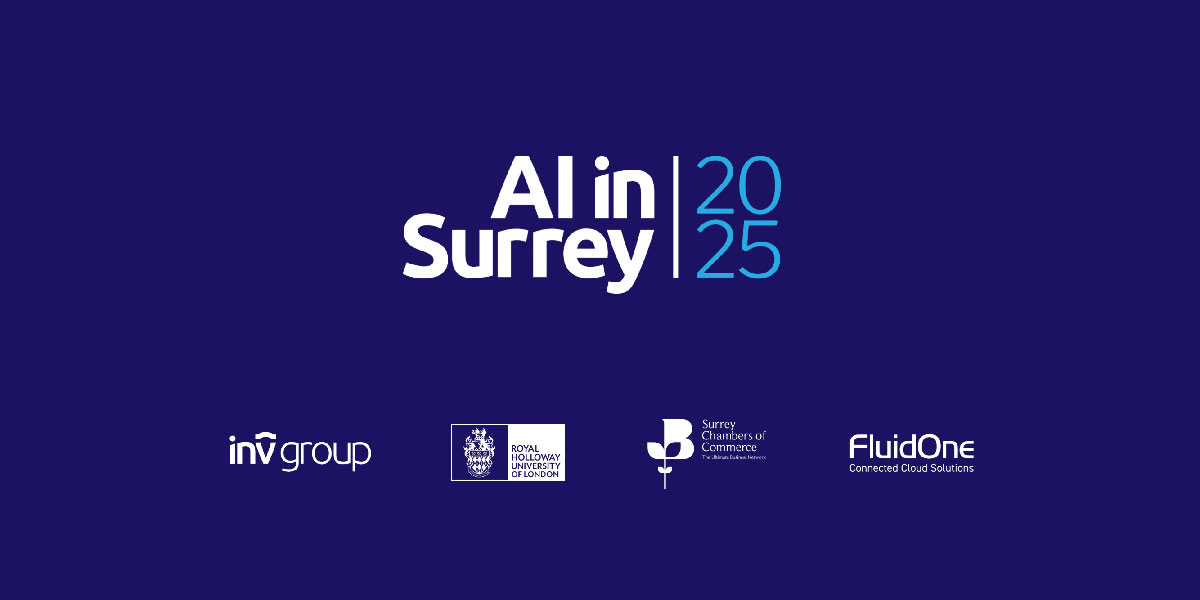Perhaps no surprise to many of you, but one area receiving a big boost over the past few months has been online education tools. The EdTech sector has been building for over 2 decades. Remember a few years ago when MOOCs were going to be the death of universities? That didn’t happen….and in retrospect, for all the reasons we could have predicted….and a few we didn’t. Initially, with the average completion rate for MOOCs less than 7 percent, completion rates have increased to a median of about 12.6 percent, with a wide variation.
The issue can be summarised in one word: engagement. While much of the attention focused on getting materials online and effective technologies to stream it on demand, the real issues lay in making sure that the content was meaningful, well-structured, easy to consume, reinforced key learning objectives, and took students on an appropriate learning journey. What we in the trade call “pedagogy”. It turns out that this isn’t as simple as the technologists and entrepreneurs had expected. Who knew? ?
But with the forced shutdown, lockdown and uncertainty of the recovery, we have entered new territory. Getting good at online communication, collaboration, and learning has now reached the very top of the priority list in most organizations. And is the cornerstone of business sustainability in higher education….to the absolute shock of many academics, administrators, and teachers in universities. And quite a few in the “ExecEd” market.
Into the fray come the EdTech companies. For the past decade, these companies have been building their technology platforms and content libraries. More significantly, they have been gaining a huge amount of experience about what works and what doesn’t with online distance education. Now they are experiencing another boost in funding as the near and medium-term outlook for their deployment rapidly advances. We can expect to see a great deal of new investment in existing EdTech giants. But also a rapid expansion of offerings directly in EdTech, and in many associated areas of support for enrolling, encouraging, managing, and governing this growing field.
For all companies, building knowledge, experience, and operating excellence in online education will be a significant differentiator for growing and maintaining a strong workforce. For universities and other education providers, a deeper perspective and strong set of relationships with EdTech providers may well be a matter of life-or-death.
https://techcrunch.com/2020/07/21/edtech-startups-flirt-with-unicorn-style-growth/
In edtech, the rich are getting richer. Last week, Mountain View-based Coursera announced it had raised a $130 million Series F round a day after The Information broke a story about Udemy reportedly raising new financing at a $3 billion valuation.
Earlier in the pandemic, MasterClass raised $100 million, Quizlet became a unicorn and Byju’s became India’s second-most-valuable startup.





